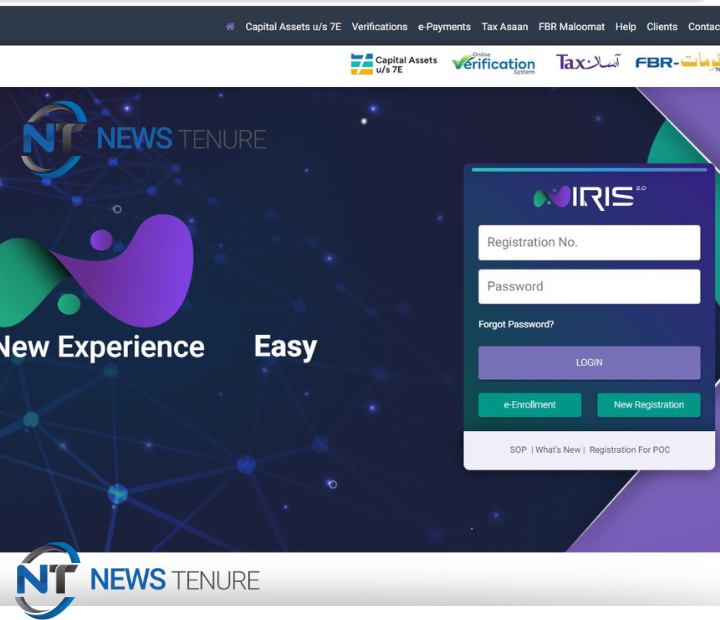Computer science, a field that has revolutionized the modern world, has its fair share of enthusiasts and detractors. While many individuals find joy and fulfillment in programming, algorithms, and technological innovation, there are those who harbor negative sentiments towards computer science. In this article, we delve into the reasons why some people express disdain or frustration towards this dynamic field. It is important to note that these opinions are subjective and do not reflect the views of all individuals.
I Hate Computer Science
Within the realm of computer science, there exists a spectrum of emotions, opinions, and experiences. While some individuals find joy and fascination in the intricate world of algorithms and programming, there are others who harbor a deep disdain for the subject. In this article, we aim to delve into the frustrations behind the phrase “I hate computer science” and shed light on the challenges and obstacles that have led individuals to this sentiment.
The phrase “I hate computer science” encapsulates a range of frustrations and challenges faced by individuals who struggle to connect with the subject. It is crucial to recognize and respect these personal perspectives, as not everyone’s interests and abilities align with the technical demands of computer science.
While the negative sentiment towards computer science is valid, it is essential to remember that the field is multifaceted. Exploring different subfields, such as human-computer interaction, data analysis, or artificial intelligence, may reveal aspects of computer science that align better with individual interests and goals.
Ultimately, fostering an environment that respects diverse interests and career choices allows individuals to pursue paths that resonate with their true passions and strengths, leading to a more fulfilling and satisfying journey in both personal and professional endeavors.
Challenging Learning Curve
Computer science(CS) is known for its steep learning curve. The complex nature of coding languages, algorithms, and problem-solving techniques can be overwhelming for beginners. The initial frustrations and difficulties encountered during the learning process can lead to a dislike for computer science. The constant need to update knowledge and keep pace with rapidly evolving technologies can also contribute to this sentiment.
Lack of Interest or Aptitude
Not everyone possesses an inherent interest or aptitude for computer science(CS). While some individuals thrive in logical and analytical thinking, others may prefer creativity or social interaction. The abstract concepts and technicalities of CS may simply fail to resonate with some people, leading to a lack of motivation and dislike for the subject.
Monotony and Isolation
Computer science often involves spending long hours in front of a computer screen, debugging code and solving complex problems. This solitary nature of the work can be mentally draining and isolating for individuals who thrive on social interactions and collaborative environments. The repetitive tasks and lack of variety can make the field appear monotonous, resulting in negative feelings towards computer science.
High Pressure and Stress
In certain settings, computer science(CS) can be associated with high-pressure environments. Tight deadlines, demanding projects, and the need to constantly deliver can lead to stress and burnout. The expectation of perfection, coupled with the ever-present fear of making mistakes, can create an environment that some individuals find overwhelming and unenjoyable.
Stereotypes and Lack of Diversity
Computer science(CS) has long been plagued by stereotypes, such as the “nerdy” or “antisocial” programmer. These stereotypes can create a perception that the field is unappealing or unwelcoming to individuals who do not fit those stereotypes. Additionally, the lack of diversity in the industry can contribute to a sense of alienation for those who do not see themselves represented or valued within the CS community.
Why I Struggle with Computer Science
Computer science(CS), a field that has revolutionized the modern world, has its fair share of enthusiasts and detractors. While many individuals find excitement and fulfillment in coding and technological innovation, there are those who struggle with or harbor negative sentiments towards computer science. In this article, I will share my personal reasons for feeling a strong dislike towards CS. It is important to note that these opinions are subjective and do not reflect the views of all individuals.
Lack of Connection and Creativity
One of the primary reasons why I struggle with CS is the perceived lack of connection to the real world. The limited room for creativity. While computer science may be the backbone of many technological advancements. I find it challenging to see the immediate impact or tangible results of my efforts. The abstract nature of coding and the focus on logical problem-solving often leave little room for creative expression, which is something I personally value.
Overwhelming Learning Curve
Computer science(CS) is notorious for its steep learning curve. As a beginner, I found myself inundated with a plethora of programming languages, algorithms, and frameworks. All of which required substantial time and effort to comprehend. The constant need to stay up-to-date with evolving technologies and the rapid pace of advancements within the field can feel overwhelming and discouraging. This steep learning curve has been a significant barrier for me, making it difficult to find joy and motivation in pursuing CS.
Frustrating Debugging Process
One of the most frustrating aspects of CS for me is the debugging process. Identifying and fixing errors in code can be time-consuming and mentally exhausting. Oftentimes, a single misplaced character or a small syntax error can lead to hours of troubleshooting. This repetitive cycle of trial and error has been a major source of frustration, causing me to question my affinity for CS.
Lack of Work-Life Balance
Computer science careers often demand long hours and a significant investment of time and energy. The pressure to constantly deliver projects on tight deadlines can be mentally and physically draining. Struggling to maintain a healthy work-life balance, I have found myself sacrificing personal time and relationships to keep up with the demands of the field. This imbalance has contributed to my growing resentment towards CS.
Feeling Overwhelmed by Technology
While technology has undoubtedly brought numerous benefits to society, I sometimes feel overwhelmed by its omnipresence. The constant reliance on digital devices, the rapid pace of technological advancements, and the invasion of privacy raise concerns for me. This unease extends to the field of CS, which plays a significant role in shaping and advancing technology. The ethical implications and potential societal impact of certain technological advancements further contribute to my negative feelings towards computer science.
Conclusion
While computer science has undoubtedly transformed the world we live in, it is important to recognize that it may not be a perfect fit for everyone. The frustrations expressed by individuals who “hate” computer science are rooted in personal experiences and preferences. It is crucial to foster an environment that encourages diversity, acknowledges the challenges. It provides support to individuals who may not find joy in this particular field. By doing so, we can create a more inclusive and balanced representation of CS that accommodates a broader range of interests and talents.
My personal journey with computer science has been filled with frustrations and challenges, ultimately leading to a dislike for the field. However, it is crucial to remember that individual experiences and perspectives vary greatly. While I may struggle with CS others find immense joy and success within it. It is important to respect and acknowledge diverse opinions and experiences, promoting a balanced understanding of the field. As technology continues to evolve, it is essential to foster an inclusive and supportive environment. That allows individuals to pursue their passions and interests, regardless of their affinity for computer science.



